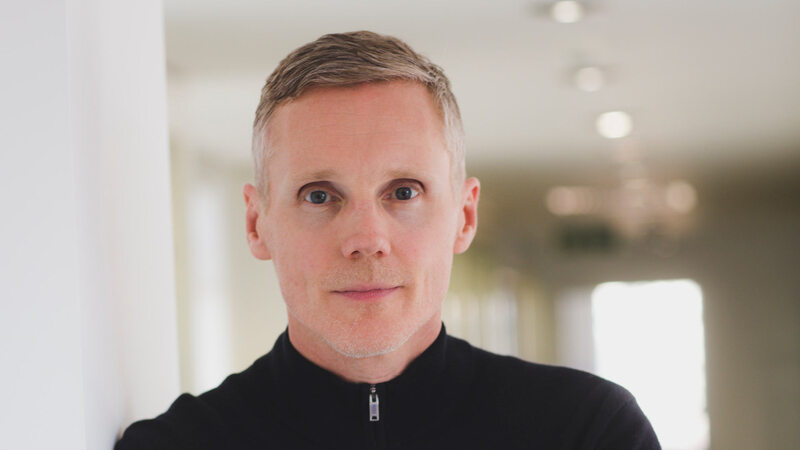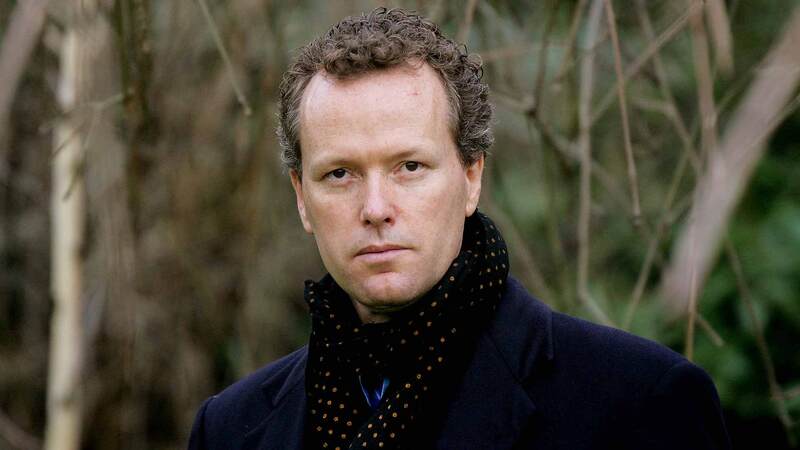You are viewing your 1 free article this month. Login to read more articles.
Biography of explorer Humboldt wins Science Book Prize
Andrea Wulf has been named the 29th winner of the Royal Society Insight Investment Science Book Prize for her biography of Alexander von Humboldt, The Invention of Nature (John Murray), about an explorer, naturalist and foreign member of the Royal Society.
Wulf was announced the unanimous winner of the £25,000 prize at a ceremony this evening (19th September) hosted by Professor Brian Cox OBE FRS, currently the Royal Society’s professor for public engagement in science.
Chair of the judges and former winner of the prize, Bill Bryson, praised the book, published by John Murray, as an "exciting and gripping" tale that was "a thrilling adventure story as much as a science book". Wulf is credited in resurrecting the reputation of Humboldt as "a visionary polymath who made science accessible" whose interdisciplinary approach combined science and the arts by including poetry, history, art and politics alongside hard data.
Humboldt inspired scientists, thinkers and writers including Darwin, Wordsworth and Jules Verne with his pioneering idea of nature being one giant organism in which everything is connected. His namesakes include a South American ocean current, the Humboldt Current; mountain ranges in China, New Zealand and South Africa; a breed of penguins in South America; a river in Brazil; a glacier in Greenland; 13 towns in North America and a predatory six-foot squid. On the moon there is also a basaltic plane named Humboldtianum.
Professor Brian Cox, Andrea Wulf and Bill Bryson
Bryson said: "The decisive factor for the winning book was that it excited and gripped us as judges the most. The Invention of Nature by Andrea Wulf is a thrilling adventure story as much as a science book about a polymath who had an extraordinary impact on our contemporary understanding of nature. It is a book you will find yourself talking endlessly about with friends in the pub.”
Cox said: “Humboldt may not be well known today but he remains very much of our time: his work tackled many of today’s big issues like climate change and biodiversity loss and the interconnectedness of nature.
"Moreover, he was a polymath who was curious about everything and was a superb communicator. His interdisciplinary approach puts paid to the ridiculous notion that science and the arts are separate entities. We should be taking our cues from Humboldt – be curious and be informed by science on the big issues.”
Wulf overcame competition on a six-strong shortlist that comprised: The Most Perfect Thing: Inside (and Outside) a Bird’s Egg by Tim Birkhead (Bloomsbury); The Hunt for Vulcan: How Albert Einstein Destroyed a Planet and Deciphered the Universe by Thomas Levenson (Head of Zeus); Cure: A Journey into the Science of Mind Over Body by Jo Marchant (Canongate); The Planet Remade: How Geoengineering Could Change the World by Oliver Morton (Granta); The Gene: An Intimate History by Siddhartha Mukherjee (Bodley Head).
She follows in the footsteps of Stephen Hawking (2002) and Bill Bryson (2004), to win the science book prize, the only major international prize that celebrates science writing for a non-specialist audience.


















